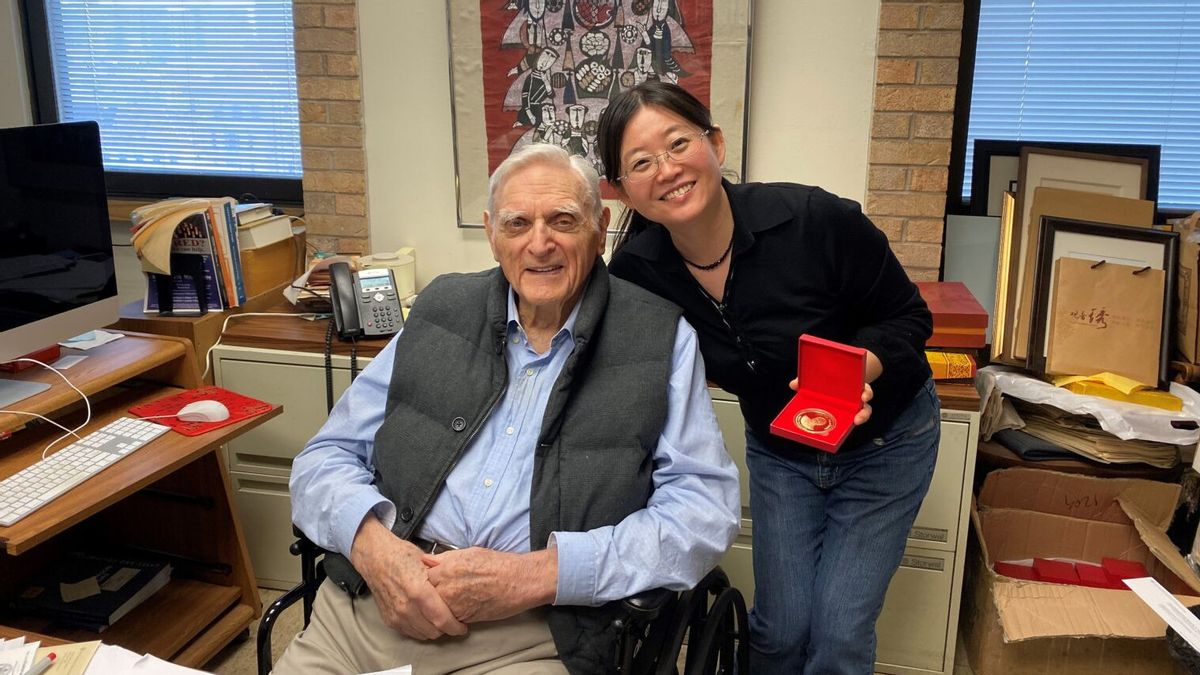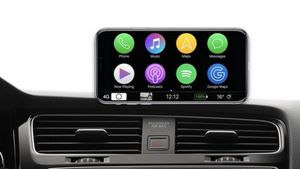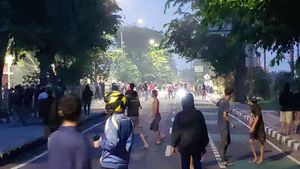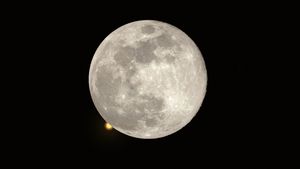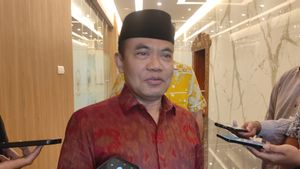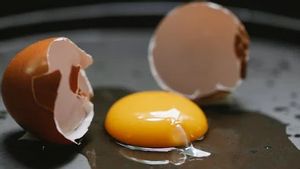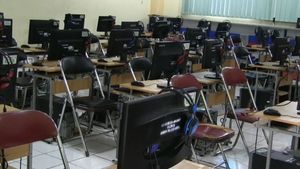JAKARTA - Nobel Prize recipient John Goodenough, also known as a pioneer in the development of lithium-ion batteries currently driving millions of electric cars worldwide, died on Sunday, June 25 just a month before his 101st birthday.
"This American is the leader at the forefront of scientific research throughout his decades of career," said Jay Hartzell, Texas University president at Austin, where Goodenough has been a faculty member for 37 years.
Goodnough was 97 years old when he received the 2019 Nobel Prize for Kimia - along with Stanley Whittingham of England and Akira Yoshino of Japan, for their research on lithium-ion batteries - which made him the oldest Nobel Prize recipient.
"This refilling battery forms the basis for wireless electronics such as cell phones and laptops," said the Royal Swedish Academy of Sciences when awarding the award.
"This battery also makes the world free of fossil fuels possible, because it is used for everything from electric car drivers to energy storage from renewable energy sources."
In recent years, Goodenough and his university team have also explored new directions for energy storage, including "glassy" batteries with solid electrolytes and lithium or sodium metal electrodes.
Goodnough is also the early developer of the iron lithium phosphate (LFP) cathode as an alternative to nickel and cobalt-based cathodes. The LFP quickly replaces the more expensive cobalt manganese nickel cathode in electric vehicle batteries, experts say, as it uses more abundant and sustainable materials at a much lower cost.
Goodnough was born on July 25, 1922 in Jena, Germany, from American parents.
After completing a bachelor's degree at Yale University, Goodenough earned a master's degree and doctorate in physics from the University of Chicago. He became a research and team leader at the Massachusetts Institute of Technology and then led an inorganic chemistry laboratory at the University of Oxford.
The English, Chinese, Japanese, Arabic, and French versions are automatically generated by the AI. So there may still be inaccuracies in translating, please always see Indonesian as our main language. (system supported by DigitalSiber.id)
